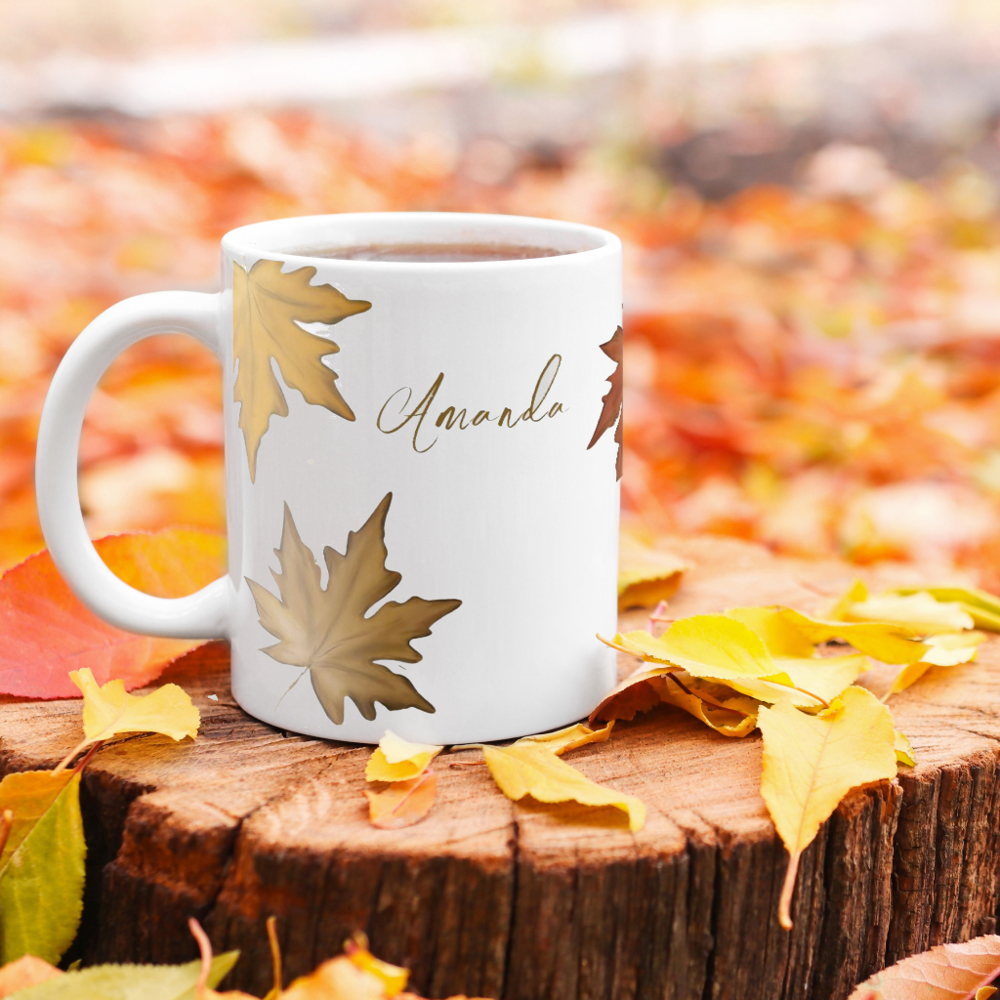Journaling, at its most basic, is the simple act of jotting down your thoughts and feelings. But there’s far more to it than simply putting pen to paper. The very process of releasing your emotions in this manner can be advantageous to your health. It’s easy enough to be drawn by the beautiful notebooks and fancy pens out there, but when you actually sit down to begin writing, you might find that it changes your life. Here’s what you should know about the benefits of journaling.
Why You Should Journal
Have you ever found yourself lost in your thoughts? Your mind swirls as you contemplate everything from work commitments to family responsibilities. It might be enough to keep you awake at night. You may also feel the physical toll as you carry the burdens of stress and anxiety. You could experience unexpected head and body aches, moments of exhaustion, and periods where you’re simply unable to do anything but binge-watch your favorite show. It’s all understandable, and it’s also a sign that you need an outlet to release your emotions and frustrations.
Enter the humble journal. The first step, of course, is to actually commit to journaling for your betterment. It’s something that’s inherently simple, yet it could potentially change your life as you progress. The key is to stick to it. Be honest with yourself as you begin writing. Don’t worry about expressing yourself in the “right” way — these words are for your eyes only, and being open about your feelings is key to making the most of the experience.
As you journal, make a commitment to leave your emotions on the page. Will you forget everything after you write it down? No, but it allows you a safe place to free those associated feelings and frustrations as you write them. You may find that you grow more mindful as you continue to jot everything down over the months. Thoughts are more fleshed out, and they may even move in a new direction after a while. Remember that journaling isn’t just a place to vent, but also a great space to write down your goals and discover yourself on a deeper level. Writing gives you a chance to heal, to awaken yourself to new possibilities, and to become more disciplined as you commit to this fine art.
What to Journal About
Sure, there’s a little bit of a diary-like element to your journal. You can use it to share the day’s happenings, your concerns, and your big life wins. Or you can turn it into a motivational project by finding a quote that inspires you and reflecting on that. Create positive messages and reminders that give you something to look back on when you feel low or can’t muster the enthusiasm you need. Feeling conflicted about something? A journal is a great place to sort out your thoughts, make lists of pros and cons, and arrive at a sensible decision that’s right for you. If you’re worried about a disagreement with a co-worker, having a tough time with your significant other, or in the midst of soap opera-level friend drama, you need a place to let that all out. A journal is the best place to put it down and let it go, even if it’s just temporarily.

Well-Known Journaling Enthusiasts
It’s not just the self-care set that journals, although there’s definitely a glossy quality about the modern-day version that’s highly appealing. But writing certainly isn’t new, and the practice of putting feelings and experiences on paper is something that dates back centuries. Think of the many luminaries who have kept notebooks and diaries: Benjamin Franklin, Ronald Reagan, Winston Churchill, Mark Twain, Ernest Hemingway, Frida Kahlo, and Charles Darwin are just some of the names you may recognize. Why not join the illustrious group who enjoyed the benefits of journaling and see where it takes you?

Zazzle’s Lifestyle Expert is here to help create life’s best & most important moments. Discover unique ideas and endless inspiration to create meaningful memories with family, friends and your community.




